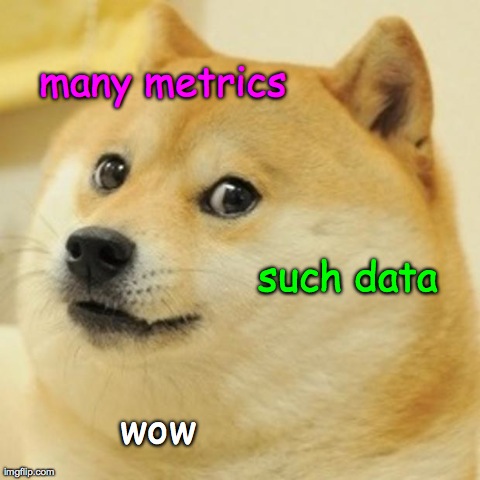2025 May 07
Meet six winners of the first ever Crossref Metadata Awards
Marking our 25th anniversary, we launch the Crossref Metadata Awards to emphasise our community’s role in stewarding and enriching the scholarly record.
We are pleased to recognise Noyam Publishers, GigaScience Press, eLife, American Society for Microbiology, and Universidad La Salle Arequipa Perú with the Crossref Metadata Excellence Awards, and Instituto Geologico y Minero de España wins the Crossref Metadata Enrichment Award. These inaugural awards highlight the leadership of members who show dedication to the best metadata practices.









